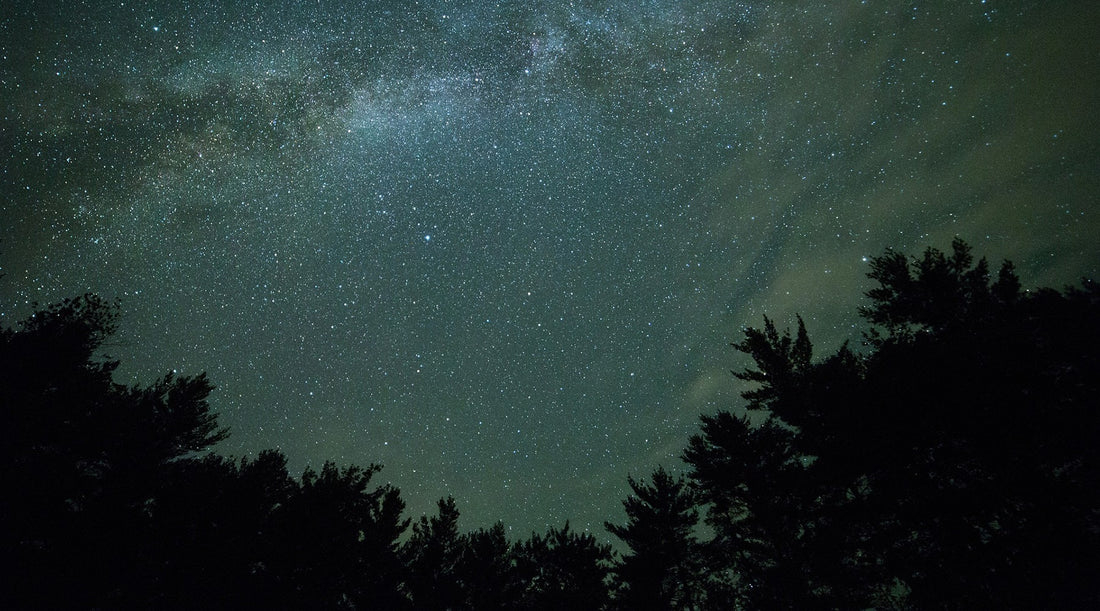Venturing into the great outdoors offers a myriad of camping styles, each providing a unique connection to nature. Among these, "cowboy camping" stands out as a minimalist and immersive experience, allowing backpackers and campers to sleep under the vast night sky without the confines of a traditional tent.
Below, we'll explore the essence of cowboy camping, its benefits, and tips for those eager to try this open-air sleeping adventure.
What is Cowboy Camping?
Cowboy camping, also known as sleeping out in the open, is a form of camping where individuals forgo the use of a tent and sleep directly under the stars. This rustic and minimalist approach immerses campers in the elements, offering an unobstructed view of the night sky. The term "cowboy camping" draws inspiration from the rugged, outdoor lifestyle often associated with cowboys and ranchers who slept under the open sky during their journeys.
Benefits of Cowboy Camping:
Starry Nights: One of the primary attractions of cowboy camping is the unparalleled view of the night sky. Sleeping without a tent allows campers to gaze at the stars, planets, and celestial wonders, creating a deeply immersive stargazing experience.
Simplicity: Cowboy camping eliminates the setup and takedown process of a traditional tent, making it a simple and quick option for those who prefer a more straightforward camping experience.
Closer to Nature: Without the barrier of a tent, campers can feel more connected to the surrounding environment. The sounds, scents, and sensations of nature become more immediate, providing a more immersive outdoor experience.
Lightweight and Portable: Cowboy camping is an excellent choice for ultralight backpackers as it reduces the weight of gear. Without a tent, campers can carry less and enjoy a more streamlined backpacking experience.
Spontaneity: Setting up camp without the need for a tent allows for greater flexibility in choosing sleeping locations. Campers can more easily adapt to changing conditions and find the perfect spot to spend the night.
Tips for Cowboy Camping:
Choose the Right Location:
- Look for flat and clear areas to avoid uncomfortable terrain or potential hazards.
- Consider the weather conditions and choose a spot that offers both comfort and safety.
Weather Preparedness:
- Check the weather forecast before deciding to cowboy camp. Be prepared for changes in temperature and precipitation.
- Have a backup plan or gear (such as a tarp or bivy) in case the weather takes an unexpected turn.
Insect Protection:
- In areas with a high prevalence of insects, consider using insect repellent or wearing bug netting to avoid discomfort during the night.
Sleeping Gear:
- Use a groundsheet or tarp to protect against moisture and cold from the ground.
- Choose a sleeping bag appropriate for the expected temperatures, and consider bringing a sleeping pad for added comfort.
Campfire Considerations:
- Be aware of fire regulations in the area you're camping. In some locations, open fires may not be allowed.
- If fires are permitted, keep a safe distance and follow Leave No Trace principles by properly extinguishing the fire.
Respect the Environment:
- Follow Leave No Trace principles by minimizing your impact on the environment.
- Avoid disturbing local wildlife, and camp at least 200 feet away from lakes and streams.
Night Navigation:
- Be mindful of your surroundings if you need to get up during the night. Use a headlamp or flashlight to navigate safely.
Wrapping up:
Cowboy camping is a captivating and immersive way to experience the outdoors, offering a direct connection to the natural world and the mesmerizing beauty of the night sky. Whether you're a seasoned camper or a novice adventurer, trying out cowboy camping can add a new dimension to your outdoor experiences.
By embracing simplicity, connecting with nature, and sleeping under the vast expanse of stars, campers can create memories that linger long after the embers of the campfire have faded away.

